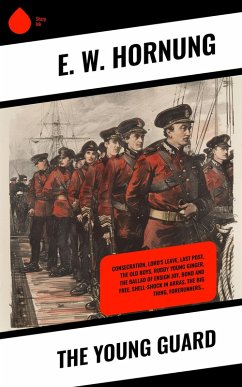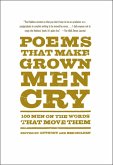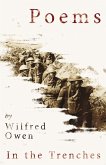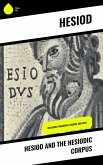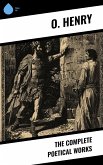In E. W. Hornung's gripping young adult novel, "The Young Guard," the narrative unfolds as a vivid exploration of camaraderie and resilience among a band of young protagonists facing the tumult of societal upheaval. Set against the backdrop of a rapidly changing world, Hornung's sharp prose captures both the innocence of youth and the pressing weight of responsibility. The novel artfully weaves themes of loyalty, moral quandaries, and the quest for identity, while its compelling character development immerses readers in the rich tapestry of 19th-century life. The book's episodic structure allows for dynamic storytelling, maintaining a balance between action and introspection, resonating with the sentiments of Victorian literature yet boldly stepping towards modernity. E. W. Hornung, renowned for his contributions to detective fiction and his relationship with the literary landscape of his time, drew inspiration from his own formative experiences in a rapidly evolving society. His background as Arthur Conan Doyle's brother-in-law and his understanding of crime and morality infused his writings, allowing him to craft a narrative that criticizes prevailing social norms while celebrating youthful defiance. Hornung's earlier accomplishments as a writer shaped his ability to delve into the psyche of younger generations confronting moral and ethical dilemmas in an era of change. "The Young Guard" is an essential read for those intrigued by tales of youthful adventure laced with deep philosophical undercurrents. Hornung's ability to portray the complexity of growing up amidst societal expectations renders this novel a timeless exploration of self-discovery and ethical courage. Readers will be captivated not only by the vibrant escapades of the young guard but also by the profound questions they inevitably face, making this a valuable addition to any literary collection.
Dieser Download kann aus rechtlichen Gründen nur mit Rechnungsadresse in A, B, BG, CY, CZ, D, DK, EW, E, FIN, F, GR, HR, H, IRL, I, LT, L, LR, M, NL, PL, P, R, S, SLO, SK ausgeliefert werden.

